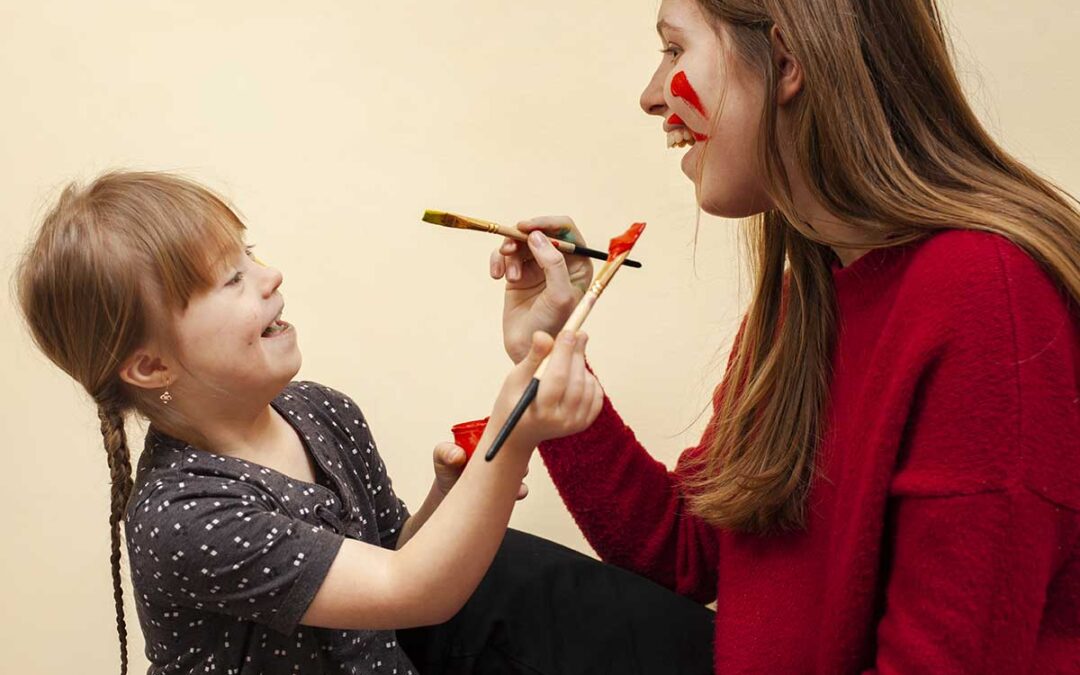The group known as the children with special needs is already highlighted in our previous article on Education and Counselling of Children with special needs. In this present article, we plan to talk about their parenting and its impact on both children and the parents.
Being a parent is a very responsible job, especially when the child has special needs. The 2011 census data of India shows around 20 lakh people are disabled in India.
Parents of children who have special needs face a lot of challenges such as physically, parents being tired when they wake up in the morning; being too tired to do the things they like to do and with little energy for chores or social activities. Mentally, the parents become frustrated, anxious, and angry; experience feelings of helplessness and hopelessness; they also have cognitive problems remembering and focusing on tasks; being worried about the child’s medications, treatments, side effects; and being anxious about the child’s future and effect of the child’s condition on other family members. Socially, they felt isolated, there is a tendency among them to become antisocial due to lack of social interaction, sadness and difficulty in accepting, apprehension of the child’s future and guilt of being enough for their child (C. Caicedo, 2014).
Parenting of these children can be a great deal of the burden of stress. Finances are often a source of stress; another is a parent’s career and emotional stress has the most enormous impact on one’s life. This may include:
- Fear and worry about – the child’s pain and suffering, their future and whether they are doing the right things in enough quantity to help the child.
- Also includes guilt over – parental limits in the ability to protect the child, loss of attention towards other children, spouse or ageing parents or includes resentment with other ‘normal’ children.
- Feelings of isolation –because of missing many family-oriented activities due to the child’s disability, this also comes from their encounter of criticism and judgement from others and from an outsider feeling around parents of typically developing children.
- Grief over – the loss of hopes and dreams for the child’s future, not having the imagined parenting experience and recurrent reminders of what the child misses out on leading to chronic sorrow.
Some of the very basic ways by which parents can help their children include (A.R. McWilliam (Ed.). 2010) :
- Noticing the red flags: Identifying any unusual behaviour or developmental activity is worth taking a point off and reacting accordingly.
- Seeking appropriate help: According to the problem pattern of the child correct sources of doctors or therapists should be consulted by the parents
- Believing in themselves and their child: Not only treatment and therapies can comfort the child, unconditional parental support also becomes a necessity. Giving them playtime at home, helping them teach certain things in a specified manner, helping to teach them code of conduct appropriate in social situations with patience and understanding is one of the key roles of the parents. It is also very necessary not to compare the child’s development with others of their age.
- Socializing with others: This helps in increasing the child’s level of comfort in the social world, making them happy.
- Education: This is one of the key aspects in their appropriate development. Giving them an education that suits their strengths and boundaries, with no set time limit will help them flourish in life.
- Providing unconditional love: Parental love and support are essential in the growth of any child. Hence, slowly explaining things, teaching them a code of conduct suiting their needs, respecting them and making other family members pay them respect too is very important along with keeping patience, not saying something hurtful or getting angry, to their wholesome development.
Therefore, it is absolutely essential to assess parents’ physical and mental health and functioning and to provide interventions to improve health and functioning for both the parents and the children for whom they are caring.
– Urveez Kakalia and Annesha Datta.

